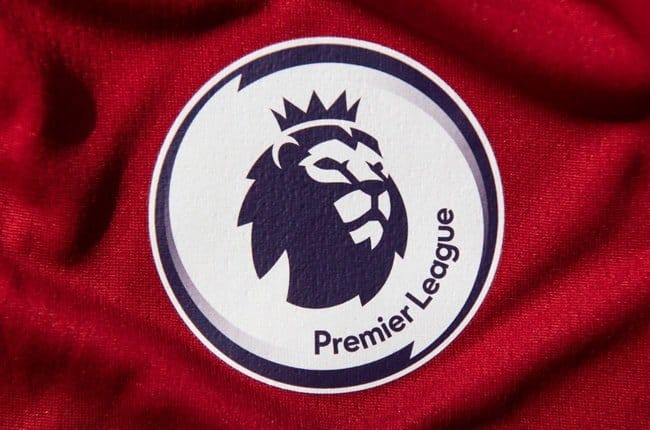The Premier League is considering another extension for transfer deals between its clubs and those in the EFL this summer, according to reports.
Last year’s main summer window closed on October 5, but deals between top-flight and EFL sides were permitted through to October 16, and a repeat is possible this summer.
It is expected, though, that the Premier League will keep the closure of the full window in line with the rest of Europe’s major leagues, to avoid English clubs being placed at a disadvantage.
The clubs voted to return to that principle in February 2020. Over the two seasons prior to that, the window in England was shut the day before the opening day of the top-flight season.
The league did confirm on Thursday that the 2021-22 season would kick off on August 14 and end on May 22 next year.
It is also understood that the January international window next year will be used as an effective mid-season player break for European players in the Premier League.
World governing body FIFA introduced a new window from January 24 to February 1 next year for international games in all confederations except UEFA, as a measure to counter postponements caused by the coronavirus pandemic.
Rest periods for players involved in that window – from South America or Africa for example – would have to be found at other points in the season.
There was no mid-season break factored into the current Premier League campaign due to the September start and the need to finish in May because of the delayed Euro 2020 finals.
The English top flight is set to make an announcement related to its work on concussion and heading on Friday, which is expected to include details of a study to measure the impacts and force of different types of heading using a special mouthguard.
Manchester City are understood to be one of the clubs involved in the study, and the outcome will feed into guidelines which are set to lead to a reduction in heading in training.
Clubs were given until Wednesday of this week to complete a VAR survey, so the feedback was not discussed at Thursday’s meeting.
It is not within the league’s power to change the VAR protocols, which are set by the game’s law-making body the International Football Association Board (IFAB).
Instead, it is understood the survey asked respondents to look at incidents involving subjective decisions from this season and give their view on whether the VAR was right to intervene or not, which may result in the bar for such interventions being raised for next season.





